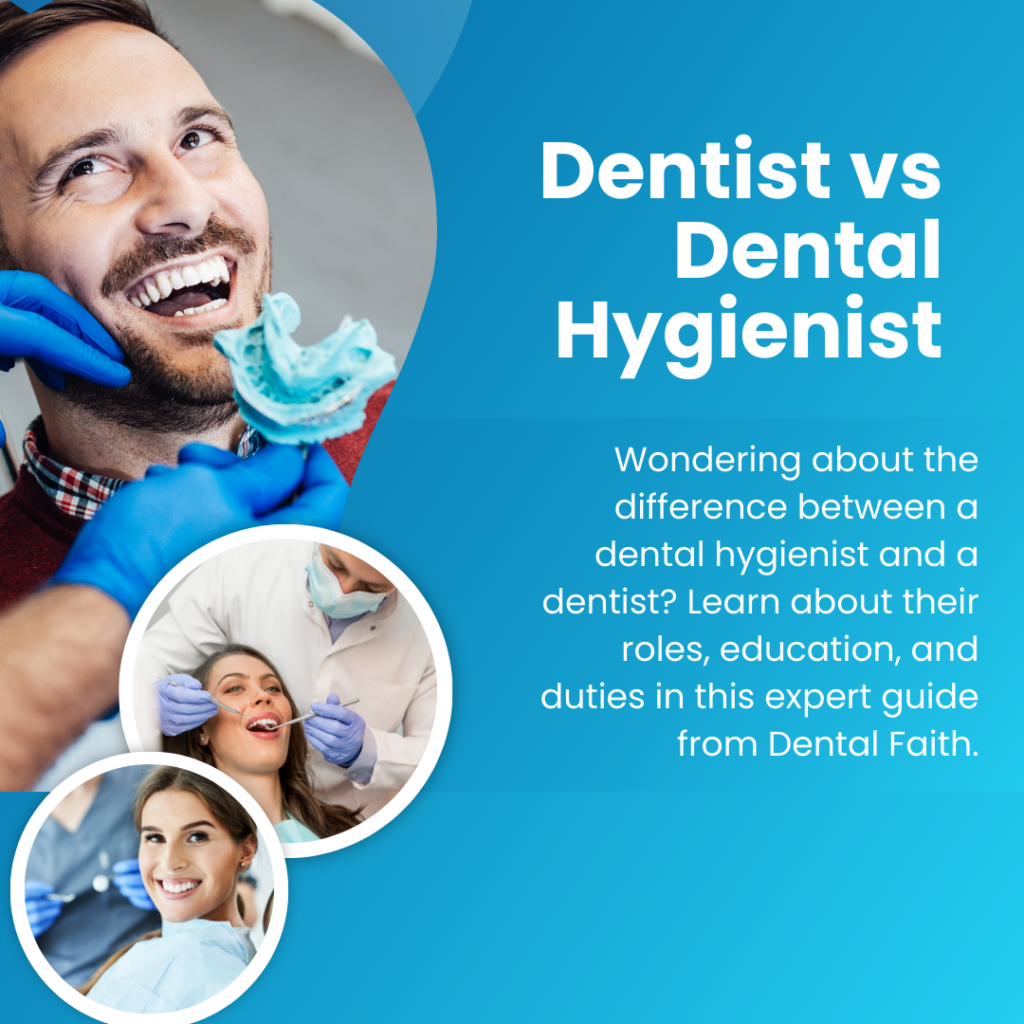
Dental Hygienist vs. Dentist: Understanding the Key Differences
When you step into a dental clinic for your routine oral cleaning, chances are you will be seen by both a dental hygienist and a dentist. While both professionals play essential roles in maintaining your oral health, their education, duties, and salaries differ significantly. If you are considering a career in dental care or simply want to understand who does what during your dental visits, this comprehensive comparison between dental hygienists and dentists will clarify everything.
What Is the Difference Between a Dentist and a Dental Hygienist?
In the simplest terms, a dentist is a licensed doctor responsible for diagnosing and treating oral diseases and performing procedures like fillings, root canals, and extractions. A dental hygienist, on the other hand, focuses primarily on preventative oral care such as cleanings, scaling, and patient education.
Both work together in a collaborative environment to ensure patients receive comprehensive dental care. Think of the hygienist as your first line of defense against oral issues and the dentist as your specialized care provider when problems arise.
Education and Training
Dentist Education: To become a dentist, one must complete:
- A bachelor’s degree (typically in biology or chemistry)
- Pass the Dental Admission Test (DAT)
- Graduate from dental school (4 years) with a DDS or DMD degree
- Complete state licensing exams
Dental Hygienist Education: To become a dental hygienist, the pathway is typically shorter:
- Earn an associate degree in dental hygiene (2-3 years)
- Some opt for a bachelor’s or even master’s degree for career advancement
- Obtain state licensure after passing board exams
Core Duties and Responsibilities
Hygienist Duties Include:
- Performing oral cleanings
- Removing plaque and tartar
- Conducting X-rays
- Educating patients on proper brushing and flossing techniques
- Screening for oral diseases
Dentist Duties Include:
- Diagnosing oral conditions
- Performing complex procedures (e.g., fillings, crowns, implants)
- Administering local anesthesia
- Prescribing medications
- Creating comprehensive treatment plans

Dentist vs. Hygienist Salary
Salaries can vary based on location, years of experience, and practice type, but here are the general figures:
- Dentist Salary: Approximately $236,825 per year
- Hygienist Salary: Approximately $78,828 per year
While dentists clearly earn more due to the complexity of their work and longer educational journey, dental hygienists enjoy competitive pay, flexible schedules, and strong job security.
Can a Hygienist Do Cleanings?
Absolutely. In fact, dental cleanings are the primary responsibility of dental hygienists. They are trained specifically in preventative care techniques, including scaling and root planing. While they cannot perform surgical procedures or diagnose conditions, they are often the first to notice signs of gum disease or tooth decay and will alert the dentist for further evaluation.
Who Earns More, Dentist or Hygienist?
As noted above, dentists typically earn significantly more due to their extended education, broader scope of practice, and responsibilities. However, the career of a dental hygienist offers a great work-life balance, shorter education period, and strong job growth, making it an appealing option for many.
Choosing the Right Career: Dentist or Hygienist?
Consider becoming a dental hygienist if you:
- Want to enter the field quickly
- Enjoy patient interaction and education
- Prefer a flexible schedule
Consider becoming a dentist if you:
- Are willing to commit to a longer education
- Want to perform complex procedures
- Aspire to run your own dental clinic
The Importance of Teamwork in Dental Clinics
Whether you’re at a large clinic like Zen Dental or a small practice in Mountain View, both dentists and hygienists work as a team to deliver optimal care. A dental hygienist’s detailed cleaning work ensures the dentist has a clear view of the patient’s oral health, enabling better diagnosis and treatment planning.
Final Thoughts
Whether you’re curious about career paths or simply want to understand more about your dental appointments, knowing the difference between a dental hygienist and a dentist is essential. Each professional brings unique skills and expertise to the table, working together to keep your teeth healthy and your smile bright.
As the dental field continues to grow, so does the demand for both hygienists and dentists. If you’re passionate about oral health but unsure of which direction to take, weigh the education requirements, job responsibilities, and lifestyle benefits of both roles.
Still wondering which one is right for you? Schedule a visit at your local dentist clinic and ask to shadow both roles—you might be surprised where your interests lie!
FAQs
What is the difference between dentist and hygienist?
Dentists diagnose and treat dental issues, perform surgeries, and create treatment plans. Hygienists focus on preventative care, such as cleanings and patient education.
Can a hygienist do cleanings?
Yes, dental cleanings are one of the primary duties of a dental hygienist.
Who earns more, dentist or hygienist?
Dentists earn more on average due to their extended training and responsibilities, with an average salary over $230,000 per year, compared to about $78,000 for hygienists.
